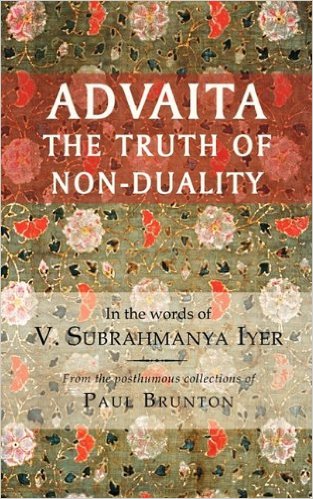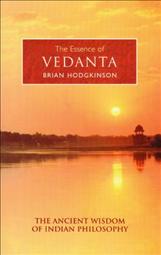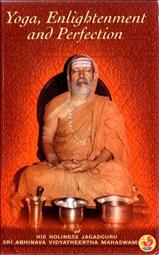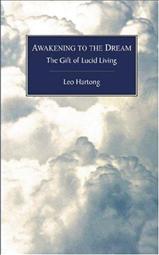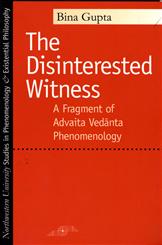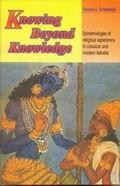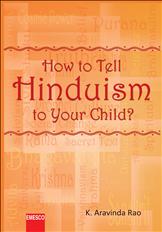Knowing Beyond Knowledge: Epistemologies of religious experience in classical and modern Advaita
This book builds on contemporary discussion of ‘mysticism’ and religious experience by examining the process and content of ‘religious knowing’ in classical and modern Advaita. Drawing from the work of William Alston and Alvin Plantinga. Thomas Forsthoefel examines key streams of Advaita with special reference to the conditions, contexts, and scope of epistemic merit in religious experience. Forsthoefel uniquely employs specific analytical categories of contemporary Westernepistemologies.
Thomas Forsthoefel is Associate Professor and Chair of Religious Studies at Mercyhurst College in Erie, Pennsylvania. His major publications include Knowing Beyond Knowledge: Epistemologies of Religious Experience in Classical and Modern Advaita (2002), Gurus in America (2005), Soulsong: Seeking Holiness, Coming Home (2006) and The Dalai Lama: Essential Writings (2008). Further articles have appeared in journals including Philosophy East and West, Journal of Vaisnava Studies, Journal of Dharma, and International Journal of Hindu Studies.
As the title suggests, Knowing Beyond Knowledge is an investigation into methods, means and results of spiritual transcendence in Advaita. Due to focus on epistemology, it fits well with Eliot Deutsch’s Advaita Vedanta: A Philosophical Reconstruction yet offers a good deal more than regurgitation of pre-digested matter. Where Deutsch is keen to examine the mindset and conceptual framework of Advaita in a way that students of philosophy can understand, Forsthoefel is more concerned with the foundational basis of claims for religious experience; how one arrives at a situation where ‘knowing beyond knowledge’ is possible, and what this knowledge might represent once attained.
In order to achieve this objective, Forsthoefel begins by discussing religious experience in the broad context of a Western concern by looking at contributions made to the field of philosophy of religion by influential figures including William James, Aldous Huxley, Rudolph Otto, and Immanuel Kant. Situating his own text within this tradition of religious study, Forsthoefel cautions against procrustean pitfalls to which perennial philosophies of religion are liable. Whilst there may be similarities between assertions made by the 14th Century mystical author of The Cloud of Unknowing and broad claims of Advaita or Buddhist texts, it would be a mistake to conflate different practices as became apparent in the Parliament of the World’s Religions, held in Chicago in 1993.[1]
Having identified such polemics, Forsthoefel adopts a similar approach to Deutsch by choosing to examine Advaita from a standpoint that might benefit universal understanding of religious experience and how it contributes to our knowledge of the world. In order to do this, he builds upon work by William Alston and Alvin Platinga that looks at the cognitive content of religious claims. Working on the premise credo ut intelligam (I believe in order to understand) religious experience is examined according to two distinct categories: internalism and externalism. Externalism refers to historical and cultural specifics, such as tradition, teacher and text, whilst internalism refers to universal psychological processes that work towards the end result of liberation.
The epistemologies of Advaita are subsequently examined by applying the above criteria in relation to teachings of Sankara, Suresvara, and Padmapada, each of whom vary in relation to emphasis placed upon internal and external mechanisms for achieving liberation. In contrast to these traditional teachers and their associated methodology are the extremes of internalism represented by Ramana Maharshi and the externalism of Ramanuja’s vishiShTAdvaita.
Forsthoefel suggests the reason for Advaita’s appeal to Westerners lies in the universal application of internalism, whilst over-reliance on externalism as seen in Ramanuja’s vishiShTAdvaita creates cultural obstacles that are more difficult to overcome. One might imagine, then, that Ramana Maharshi’s teachings would be the most universally applicable due to circumstances of realization that were prompted by an acute fear of death rather than the traditional application of tradition, teacher, and text. This, however, does not appear to be the case. Forsthoefel recognizes that Ramana himself was influenced by social and cultural conditioning; albeit that no particular religious impetus had been evident prior to realization. Further quotes from Ramana in relation to prANayAma to help calm the mind, and the relative importance of scripture help support Forsthoefel’s assertion.
The extreme example of Ramana Maharshi helps emphasise a potential problem with internalism which also implicates New Age practices. Forsthoefel is keen to point out that ‘what we discover when we go ‘within’ is not entirely obvious’ (p.167) which is where external mechanisms of tradition, teacher and text become invaluable aids to spiritual enlightenment. The three ‘T’’s are required to remove doubts from the mind of the beholder in order to legitimise and justify religious experience. ‘Text, tradition and teacher […] indicate a complex network of exegetical, ritual and institutional practices which work to transform the heart and mind of the candidate and prepare him for liberation’ (p.161). Unless adequate preparation is in place, questions and doubts about religious experience can arise, maintaining a duality between knower and known. ‘Unless the realization is eternal it cannot serve any useful purpose,’ remarks Ramana, and Forsthoefel is keen that we remember this.
Knowing Beyond Knowledge concludes that ‘how we ‘see’ or understand depends on the perspective of the devotee,’ and that ‘such a position actually moves the theory of divine perception in a universalist mode; there is indeed one, ultimately imperceptible divine, which manifests itself according to the conceptual and cultural predilections of the disciple’ (p.171). Such a conclusion may seem commonplace, but the journey that reached this destination was remarkable.
From a scholarly standpoint, Forsthoefel’s text is exceptional with regard to the quality of writing, structure and scope of argument, and use of academic apparatus to support his propositions. Each point made is clearly substantiated; the aims and purposes of each chapter and the book’s overall objective are all clearly defined. It’s a classic example of excellent work. Each subheading receives clear introduction, exposition, and conclusion, and this tight focus is maintained throughout. From the point of view of a reader, it’s close to perfection. The bibliography contains two hundred and sixty five references which provide an excellent resource for further reading.
As counterpoint to such effusion, it would have been preferable for a Sanskrit glossary to be included, as at times the author appears to equate the reader’s understanding with his own, which in this case is certainly a mistake! From a beginner’s perspective, it was hard work, and undoubtedly certain sections, in particular those relating to the nuances between epistemological approaches of Sankara, Suresvara, Padmapada and Ramanuja would resonate louder for an advanced practitioner than they did for me. If it wasn’t for the excellent structural approach of the author and the clarity of exposition, a cloud of unknowing might have loomed large on the horizon. Instead, I’m left with an enhanced knowledge of Advaitin traditions, an increased vocabulary of philosophical terms, and an awareness of differences associated with various schools of thought pertaining to Advaita.
On the above basis, I wholeheartedly recommend Knowing Beyond Knowledge to intermediate and advanced practitioners without major reservation. If you’re prepared to put the work in, there’s a wealth of learning opportunities for beginners too, but it might be useful to familiarise with the work of principle figures cited in the review. Overall it was a thoroughly enjoyable reading experience, and therefore, taking account of the limitations of this reviewer, it deserves *****.
[1] ‘In choosing the legitimate goals of inclusivity, harmony and tolerance, the Parliament risked alienating groups that could not, in good conscience, abide serious doctrinal differences with other religious groups. Indeed, this actually occurred when certain Orthodox Jews and Greek Christians abandoned the conference on finding themselves under a theological umbrella with polytheists and pagans. Certain Buddhist groups also quietly protested the dominant use of monotheistic language in various public prayers and plenary sessions. And these observations do not include various political tensions that were evident among certain national religious groups, such as Indian Sikhs and Hindus.’ Forsthoefel, Knowing Beyond Knowledge, (Ashgate: Aldershot, 2002) p.7


